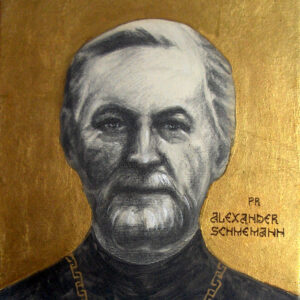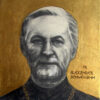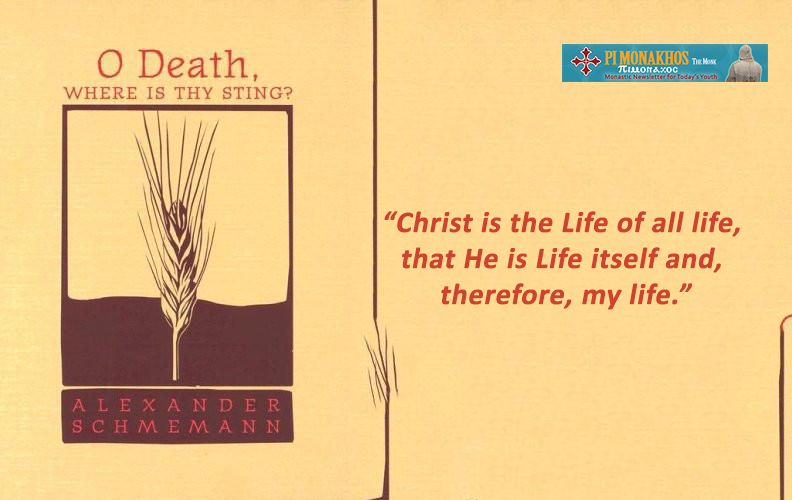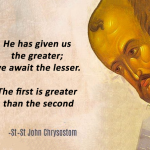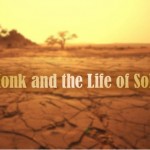In this world there shall be tribulation. Whether reduced to a minimum by man himself, or given some relief by the religious promise of a reward in the "other world," suffering remains here, it remains awfully "normal." And yet Christ says, "Be of good cheer, I have overcome the world" (Jn 16:33). Through his own …
In this world there shall be tribulation. Whether reduced to a minimum by man himself, or given some relief by the religious promise of a reward in the “other world,” suffering remains here, it remains awfully “normal.” And yet Christ says, “Be of good cheer, I have overcome the world” (Jn 16:33). Through his own suffering, not only has all suffering acquired a meaning but it has been given the power to become itself the sign, the sacrament, the proclamation, the “coming” of that victory; the defeat of man, his very dying has become a way of life.
The beginning of this victory is Christ’s death. Such is the eternal gospel, and it remains “foolishness” not only for this world, but also for religion as long as it is the religion of this world (“lest the cross of Christ should be made of no effect”-1 Cor 1:17). The liturgy of Christian death does not begin when a man has come to the inescapable end and his corpse lies in church for the last rites while we stand around, the sad yet resigned witnesses of the dignified removal of a man from the world of the living. It begins every Sunday as the Church, ascending into heaven, “puts aside all earthly care“; it begins every feast day; it begins especially in the joy of Easter. The whole life of the Church is in a way the sacrament of our death, because all of it is the proclamation of the Lord’s death, the confession of his resurrection. And yet Christianity is not a death-centered religion; it is not a “mystery cult” in which an “objective” doctrine of salvation from death is offered to me in beautiful ceremonies and requires that I believe in it and thus profit from its “benefits.”
To be Christian, to believe in Christ, means and has always meant this: to know in a trans-rational and yet absolutely certain way called faith, that Christ is the Life of all life, that he is Life itself and, therefore, my life. “In him was life; and the life was the light of men” (Jn 1:4) All Christian doctrines-those of the incarnation, redemption, atonement-are explanations, consequences, but not the “cause” of that faith. Only when we believe in Christ do all these affirmations become “valid” and “consistent.” But faith itself is the acceptance not of this or that “proposition” about Christ, but of Christ himself as the Life and the light of life. For “the life was made manifest, and we saw it, and testify to it, and proclaim to you the eternal life which was with the Father and was made manifest to us” (1 Jn 1:2). In this sense Christian faith is radically different from “religious belief.” Its starting point is not “belief” but love. In itself and by itself all belief is partial, fragmentary, fragile. “For our knowledge is imperfect, and our prophecy is imperfect … as for prophecies, they will pass away; as for tongues, they will cease; as for knowledge, it will pass away.” Only “love never ends” ( 1 Cor 13). And if to love someone means that I have my life in him, or rather that he has become the “content” of my life, to love Christ is to know and to possess him as the Life of my life.
Only this possession of Christ as Life, the “joy and peace” of communion with him, the certitude of his presence, makes meaningful the proclamation of Christ’s death and the confession of his resurrection.
Join Us: Sign Up Today!
Tags:
